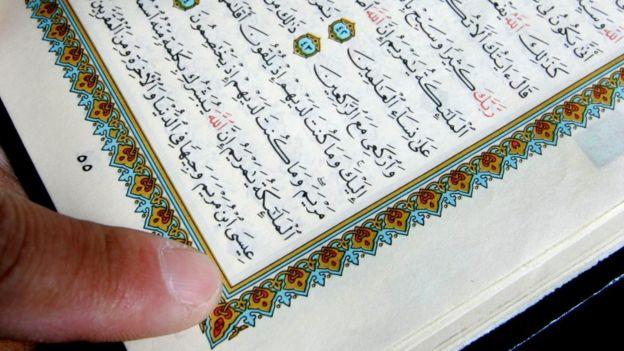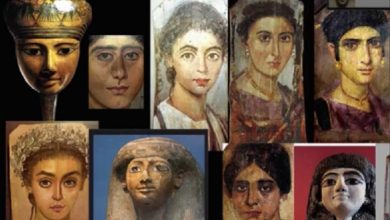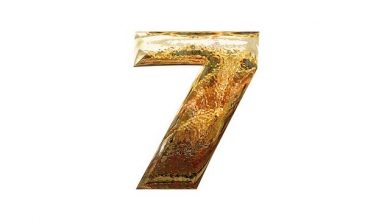What Jesus represents for Muslims

Since I arrived in Britain 21 years ago, I have to answer the same question during the Christmas holidays: “So, how do you celebrate Christmas in Turkey?” I simply answer that my country is Muslim, so December 25 is a day like any other calendar.
What? No Christmas?
Many regions and countries around the world, such as Turkey, do not celebrate Christmas, although this seems unlikely in some parts of the western world. But Christmas is the celebration of the birth of Jesus, the central character of Christianity. But Christmas is not a festival in the Jewish, Hindu or Muslim calendar.
Jesus, do you mean Isa?
What may surprise you is that Islam does not celebrate the birth of Jesus but venerates him anyway. The Muslim has a deep respect for the “Christian prophet”; it’s an integral part of his faith. The Quran speaks of Jesus as one of the most honoured figures who preceded Prophet Muhammad.
In fact, Jesus or Isa (in Arabic) is mentioned several times in this world, more often than Mohamed. Moreover, there is only one woman whose name is mentioned in the holy book of Islam.
Mary, do you mean Maryam?
An entire chapter is dedicated to the Virgin Mary or Maryam in Arabic, telling the story of the birth of the child of the virgin, but the facts, as recounted in Islam, unfold in the desert, without Joseph (fiancé of Mary, according to the Bible), nor anyone else.
Mary gives birth alone, taking refuge under a palm tree mort, ripe dates are miraculously fallen from the tree so that it nourishes and rivers of water appeared to his feet. The pregnancy and birth of an unmarried woman has raised many questions, all swept away when Jesus begins to speak as a prophet of God. This is ultimately the story of a triumph over prejudices.
Prophet of the soul
When Muslims talk about Jesus, they are supposed to say “Peace be upon him”, as for Mohamed. And guess who is announced as the one who will return to earth before the Day of Judgment to restore justice, according to Muslim belief? It is Jesus, and obviously his second coming and his glorification goes in Muslim literature, further than the Koran.
The philosopher Sufi Al-Ghazali describes him as the “prophet of the soul”. In the Muslim world, there are boys named Isa (Jesus) and girls named Maryam (Mary).




